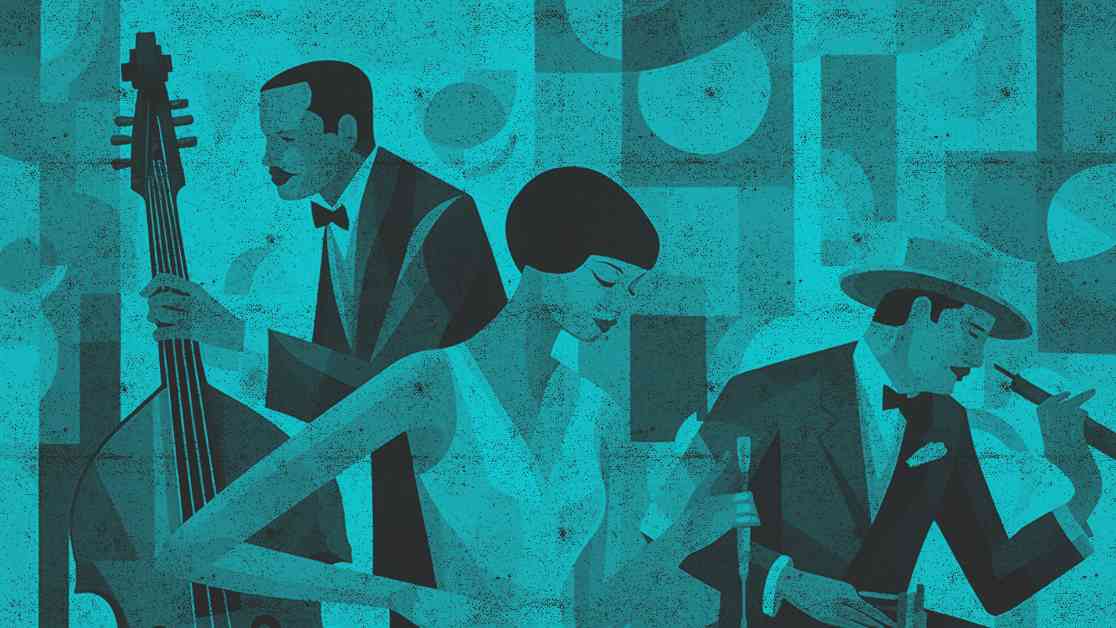**History of Japanese Jazz: A Video Journey**
The history of jazz in Japan is a fascinating tale that intertwines the world of music with cultural norms and government restrictions. Before World War II, the Japanese government banned jazz, labeling it as “decadent music” associated with drugs. Venues that hosted jazz performances faced harsh crackdowns. Despite the prevailing anti-American sentiment and racism during the war, the Japanese government still allowed jazz to exist under strict regulations. They even hired jazz musicians to play patriotic music in battle camps to boost soldiers’ morale.
**Evolution of Jazz in Japan**
The restrictions imposed by the government actually influenced the evolution of jazz in Japan. Limitations were placed on musical instruments, such as reducing the number of saxophones and prohibiting the use of microphones in small venues. However, Japanese jazz musicians adapted to these circumstances by transforming jazz into “easy listening” or “light music.” They managed to preserve the essence of jazz while adhering to the strict government rules.
**Influence of America Post-World War II**
After World War II, America took control of Japan, especially in port areas. Collaboration between America and Japan resumed, primarily aimed at supporting Japan’s economy and fostering nationalism. General Douglas MacArthur, through SCAP (Supreme Commander of Allied Powers), played a crucial role in promoting jazz in Japan. American musicians taught jazz notation to Japanese musicians and organized performances in clubs. Radio broadcasts also featured jazz, often for political purposes under SCAP’s influence.
**Development of Japanese Jazz and the Debate on Authenticity**
Jazz training in Japan differs from that in America. In America, jazz music is played live by African-American musicians, while in Japan, it relies more on recordings. This has led to criticisms regarding the authenticity and improvisational skills of Japanese jazz musicians. The debate on the authenticity of Japanese jazz continues to this day.
**Personal Touch:**
As a jazz enthusiast myself, reading about the unique journey of jazz in Japan truly resonated with me. It’s incredible to see how music can transcend boundaries and evolve in the face of adversity. The dedication of Japanese jazz musicians to preserve their art form while navigating governmental restrictions is truly commendable. It makes me appreciate the rich tapestry of jazz even more, knowing the challenges faced and overcome by musicians around the world.






















